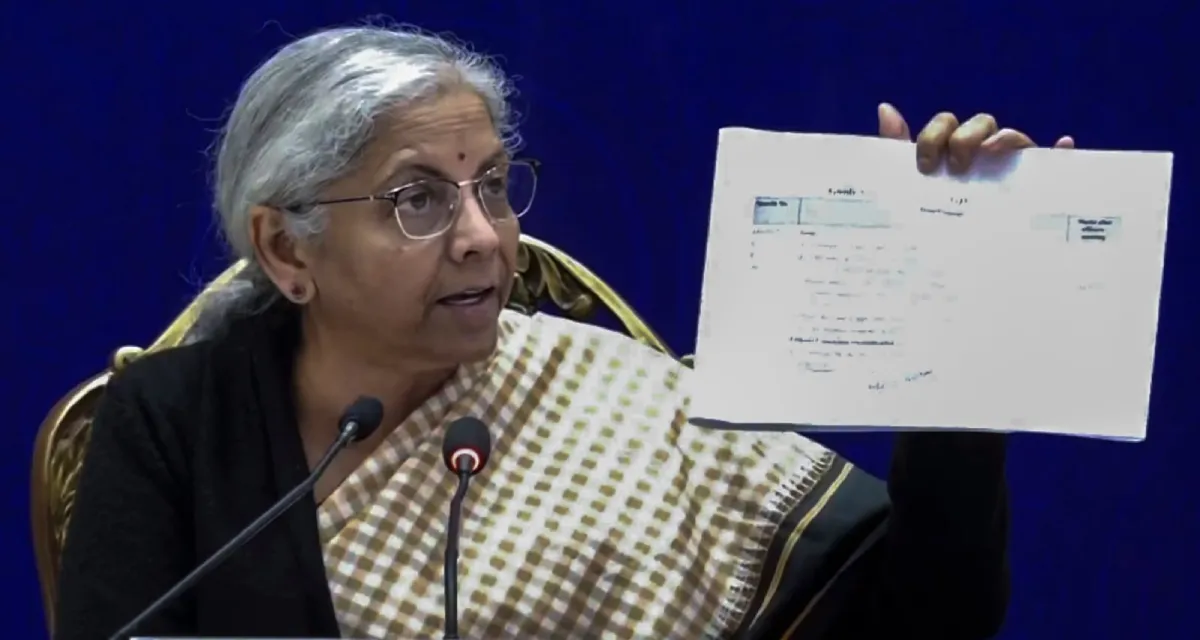

The GST Council, chaired by Finance Minister Nirmala Sitharaman, has approved the hike in tax for used cars cum ex-general taxes subsidy has been increased from 12 percent to 18 percent. This will be in line with the general price hike for new cars in certain categories. This is an effort to make the taxation uniform for second-hand vehicles, e.g. electric vehicles (EVs).
As per the new GST:
Earlier Rate: Most used vehicles attracted 12% GST.
New Rate: All used vehicles including EVs will attract 18% GST. This is going to widen the existing taxation scope to cover all types of used vehicles sold by any company.
Earlier, GST at 18% was levied only on those vehicles which met the following criteria:
Petrol, LPG, and CNG with engine size over 1200cc and measuring more than 4000mm
Diesel with engine size beyond 1500cc
SUVs under those same conditions.
The 18% rate now also applies to all used cars sold by the dealers thereby plugging a hole in the protection of the taxation system.
New and electric vehicle resale markets will be transformed along with this change. Even though it favors the new EV, bringing it under the incentivized 5% GST slab, the used ones will now incur the burden of 18% GST.
The higher tax rate will charge a price at which most potential buyers may not consider buying a pre-owned EV.
This is with regard to private transactions involving the buying and selling of old vehicles. They are not involved or are not impacted at all by this change. It is a mere sale transaction. These transactions are to be understood between people and not between a person and a GST.
Only the margin that businesses or dealers earn will be affected by GST, which is the margin earned on a sale, determined by the difference between the buying and selling price.
However, depreciation adjustments will be taken into account within that margin.
It is only applicable for a used vehicle resale by the business or a dealer that attracts the 18% GST.
Private sale transactions between individuals are exempt from GST.
The whole change will do away with the inconsistency in taxation, and thus align the second-hand vehicle tax with the new cars in categories of similar classification.
If you buy a used car from a dealership, then you will feel a pinch as prices will go up as a result of the higher GST, but this will not apply if you buy from another, private individual so private car owners will not count in the new charge.
For business and dealer profitability, this increased GST may have an effect on earnings and market scenario changes, especially with respect to pre-owned EVs, which of course should be kept in mind while navigating the used car market.
The idea behind this uniform taxation is that it should streamline the system, but affordability regarding second-hand vehicles, especially EVs, is still to be seen.
Also Read: